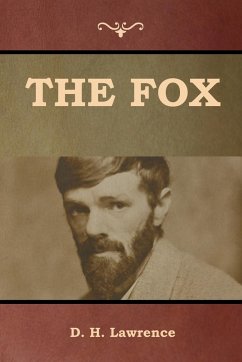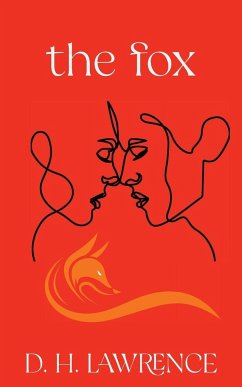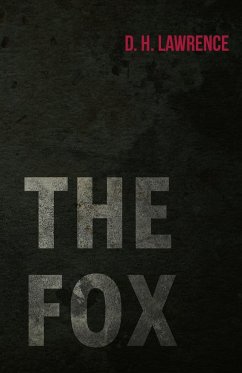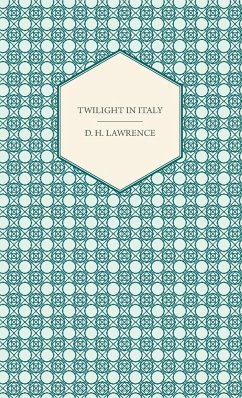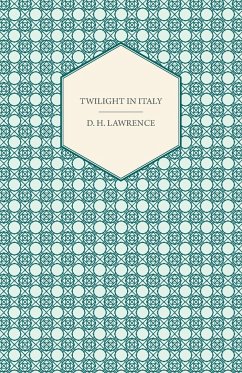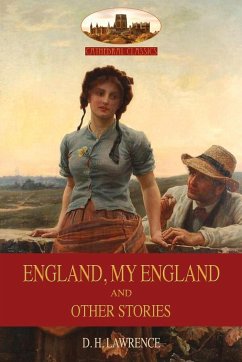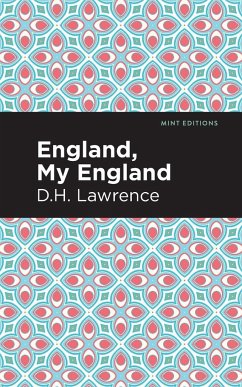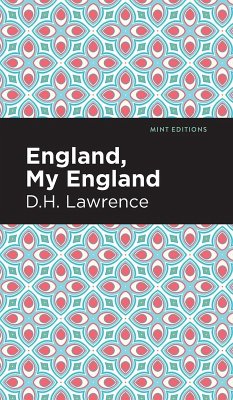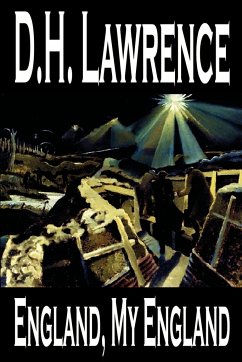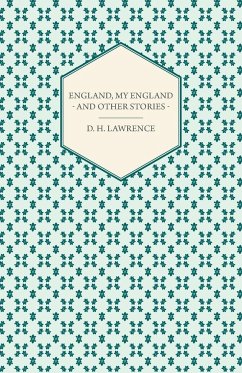
England, My England - And Other Stories

PAYBACK Punkte
13 °P sammeln!
This vintage volume contains a collection of short stories written by D. H. Lawrence, including 'England, My England'. The stories contained herein were written between 1913 and 1921, most of them during World War One. This collection was published in 1922 in America, and in 1924 in England. This volume is a veritable must-have for fans of Lawrence's seminal work, and would make for a great addition to any bookshelf. The stories contained herein include: 'England, My England'; 'Tickets, Please'; 'The Blind Man'; 'Monkey Nuts'; 'Wintry Peacock'; 'You Touched Me'; 'Samson and Delilah'; 'The Prim...
This vintage volume contains a collection of short stories written by D. H. Lawrence, including 'England, My England'. The stories contained herein were written between 1913 and 1921, most of them during World War One. This collection was published in 1922 in America, and in 1924 in England. This volume is a veritable must-have for fans of Lawrence's seminal work, and would make for a great addition to any bookshelf. The stories contained herein include: 'England, My England'; 'Tickets, Please'; 'The Blind Man'; 'Monkey Nuts'; 'Wintry Peacock'; 'You Touched Me'; 'Samson and Delilah'; 'The Primrose Path'; 'The Horse Dealer's Daughter', and 'Fanny and Annie'. We are republishing this vintage book now in an affordable, modern edition complete with a specially commissioned new biography of the author.




